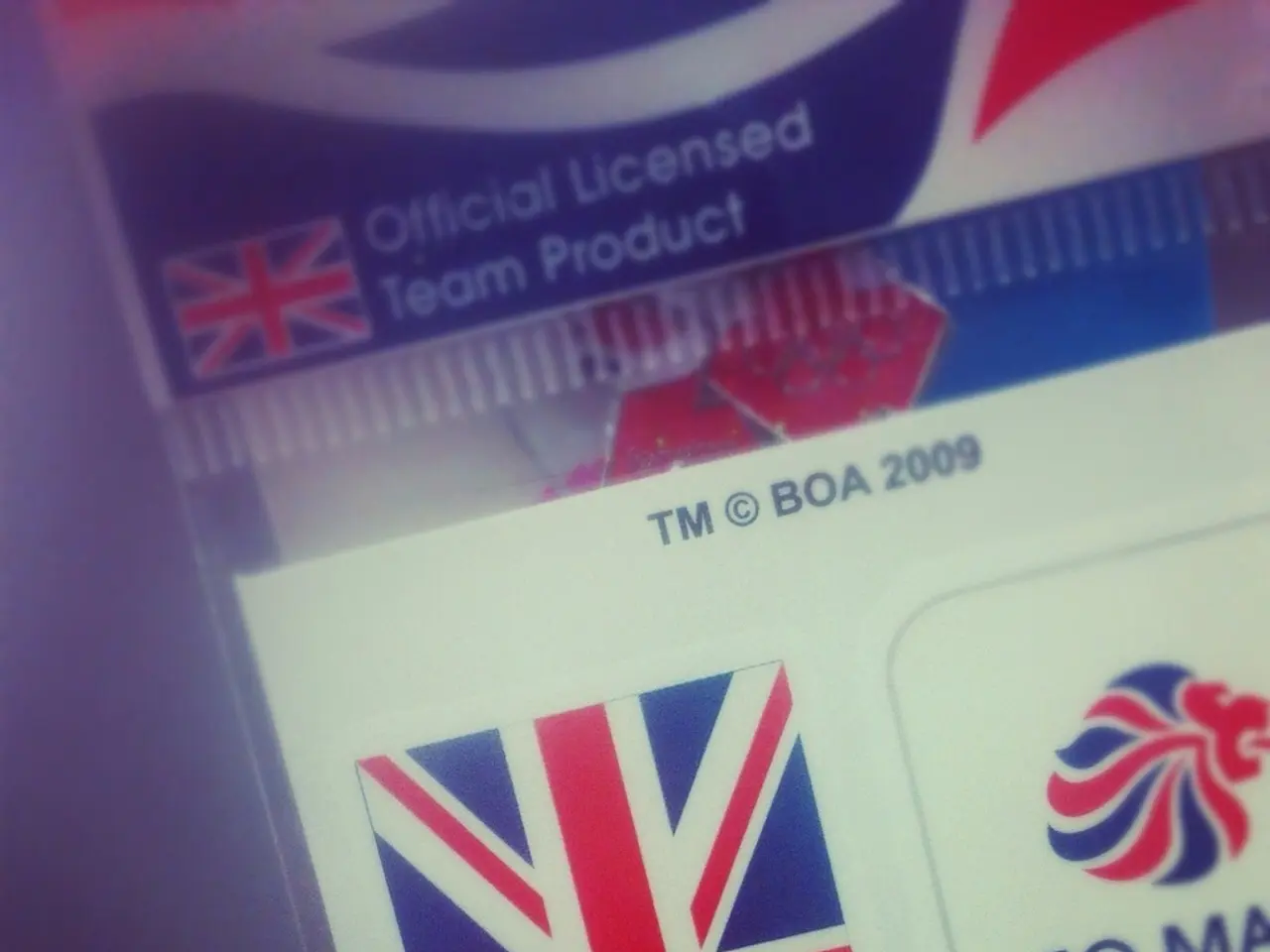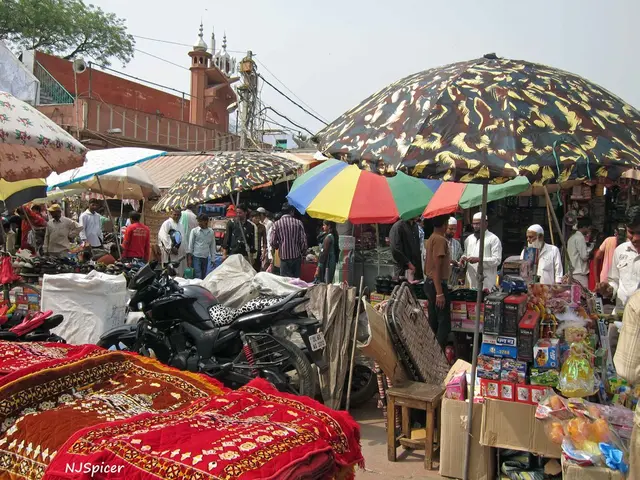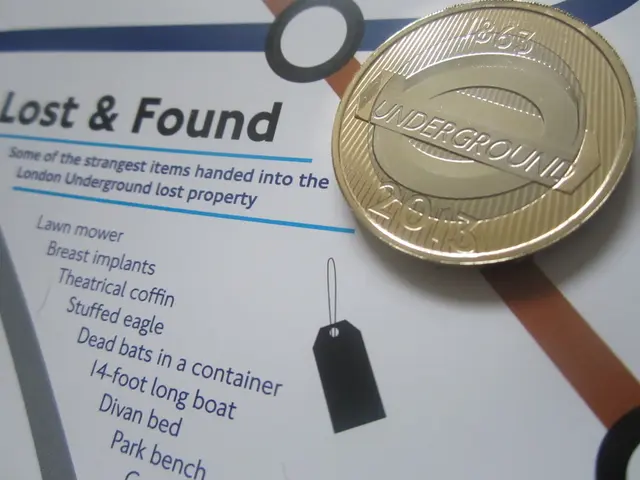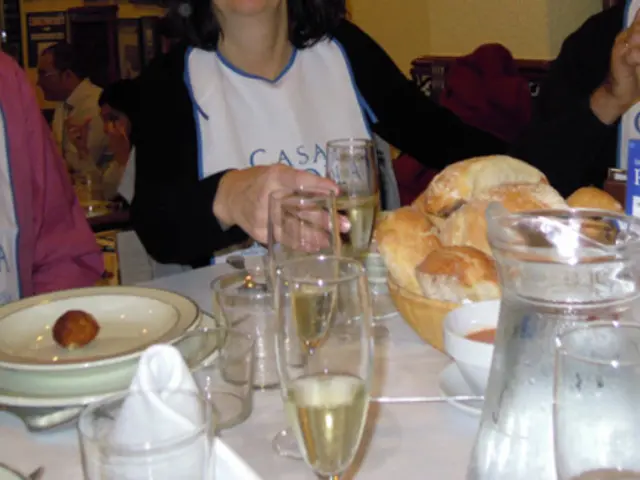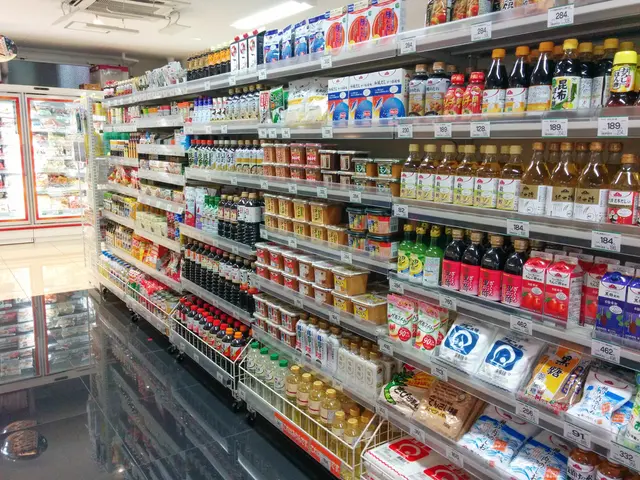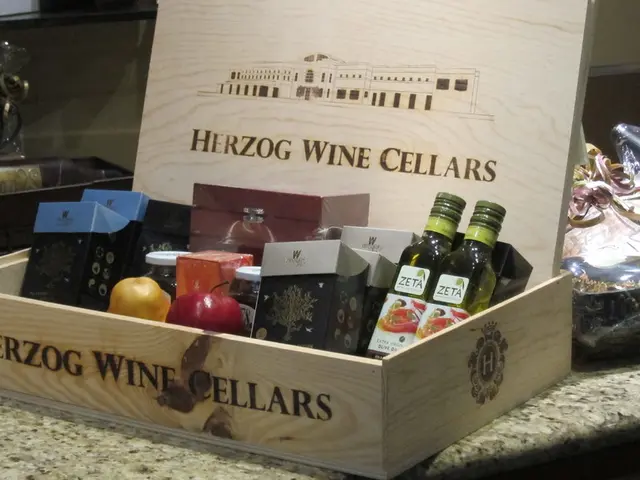Guide on Registering Trademarks Across Various African Nations
With the growing expansion of businesses across Africa, understanding the intricacies of trademark registration in multiple countries is crucial. This article provides a comprehensive guide to the key regional and national systems for trademark registration in Africa, helping businesses make informed decisions.
Africa offers three main options for trademark registration: ARIPO (African Regional Intellectual Property Organization), OAPI (Organisation Africaine de la Propriété Intellectuelle), and National Registration. Each system has distinct processes and coverage.
### Key Regional Systems
ARIPO covers 19 countries, mainly English-speaking and Southern/East African states, including South Africa and Kenya. Its headquarters are in Harare, Zimbabwe, and it accepts English applications. OAPI, on the other hand, operates as a single intellectual property office for 17 French-speaking West and Central African countries. Its headquarters are in Yaoundé, Cameroon, and it requires all filings in French.
One of the key differences between ARIPO and OAPI is the coverage flexibility. ARIPO allows applicants to file a single application for selected member countries, with each state reviewing it independently. OAPI, however, operates as a single registration that automatically applies to all its member states, using a centralized examination process.
### How These Systems Work
ARIPO allows applicants to file a single application for selected member countries and processes registrations centrally in Zimbabwe. The flexibility to pick countries helps tailor protection but may require multiple filings for wider coverage. OAPI, on the other hand, operates as a single intellectual property office for all its member countries, meaning a single trademark registration grants protection in all members.
### National Systems
Many African countries, such as Nigeria, maintain independent national trademark systems with their own laws and procedures. For example, in Nigeria, trademark registration involves extensive pre-application research, preparation of a detailed application, and multiple phases such as search, application filing, opposition, and registration over months or even years.
### Important Differences
1. **Language and Documentation:** ARIPO accepts English applications, whereas OAPI requires all filings in French, reflecting their member countries' linguistic profiles.
2. **Coverage Scope:** OAPI’s “all or nothing” principle means securing protection across all member states at once, while ARIPO allows selective country designation, accommodating strategic interests.
3. **Geographical Reach:** ARIPO covers mostly Anglophone and Southern African countries (excluding some large economies), while OAPI covers mostly Francophone countries in West and Central Africa.
4. **Duration and Renewals:** OAPI trademarks are valid for 10 years from filing, renewable in 10-year increments across all member states uniformly. National systems will have their own validity periods and renewal conditions but typically follow a 10-year term standard.
5. **Complexity:** Registering trademarks through national systems requires dealing with separate laws, potential longer timelines, and differing procedural nuances; regional systems simplify multi-country protection but may require compliance with specific regional rules and limitations.
### Summary
Choosing between ARIPO, OAPI, or individual national registrations depends on the countries of interest, language capability, and desired coverage. OAPI offers a unified, streamlined registration for French-speaking countries but all members are covered as a bundle. ARIPO provides flexibility and includes English-speaking countries but does not cover some large African markets (Egypt, Nigeria). For countries outside these systems, individual national registrations are necessary, each with their unique procedural requirements.
Effective trademark management requires regular monitoring and strategic planning to keep your protections strong. Record and share effective registration strategies within your organization. Identify new markets where early trademark filings could be advantageous. Registering and managing trademarks across multiple African jurisdictions requires understanding the regional systems and national laws. Promote knowledge sharing between regional offices. Develop specific procedures to detect counterfeit products in each market. Once your application is submitted, shift your focus to managing and safeguarding your rights in each region.
[1] African Regional Intellectual Property Organization (ARIPO) (2021). Retrieved from https://aripo.org/
[2] Organisation Africaine de la Propriété Intellectuelle (OAPI) (2021). Retrieved from https://www.oapi-wipo.org/
[3] Intellectual Property Office of Nigeria (IPON) (2021). Retrieved from https://www.ipon.gov.ng/
[4] World Intellectual Property Organization (WIPO) (2021). Retrieved from https://www.wipo.int/
[5] World Trade Organization (WTO) (2021). Retrieved from https://www.wto.org/
- For businesses considering investing in African markets, it is important to understand that finance can play a significant role in trademark registration, as choosing between the ARIPO, OAPI, or national registration systems may require resources to cover multiple filings or align with the regional rules and limitations of each system.
- Effective finance management can help businesses make informed decisions when it comes to trademark registration in Africa. By understanding the costs and time required for each system (ARIPO, OAPI, or national registration), businesses can allocate resources strategically, ensuring the strongest possible protection for their trademarks across the continent.
